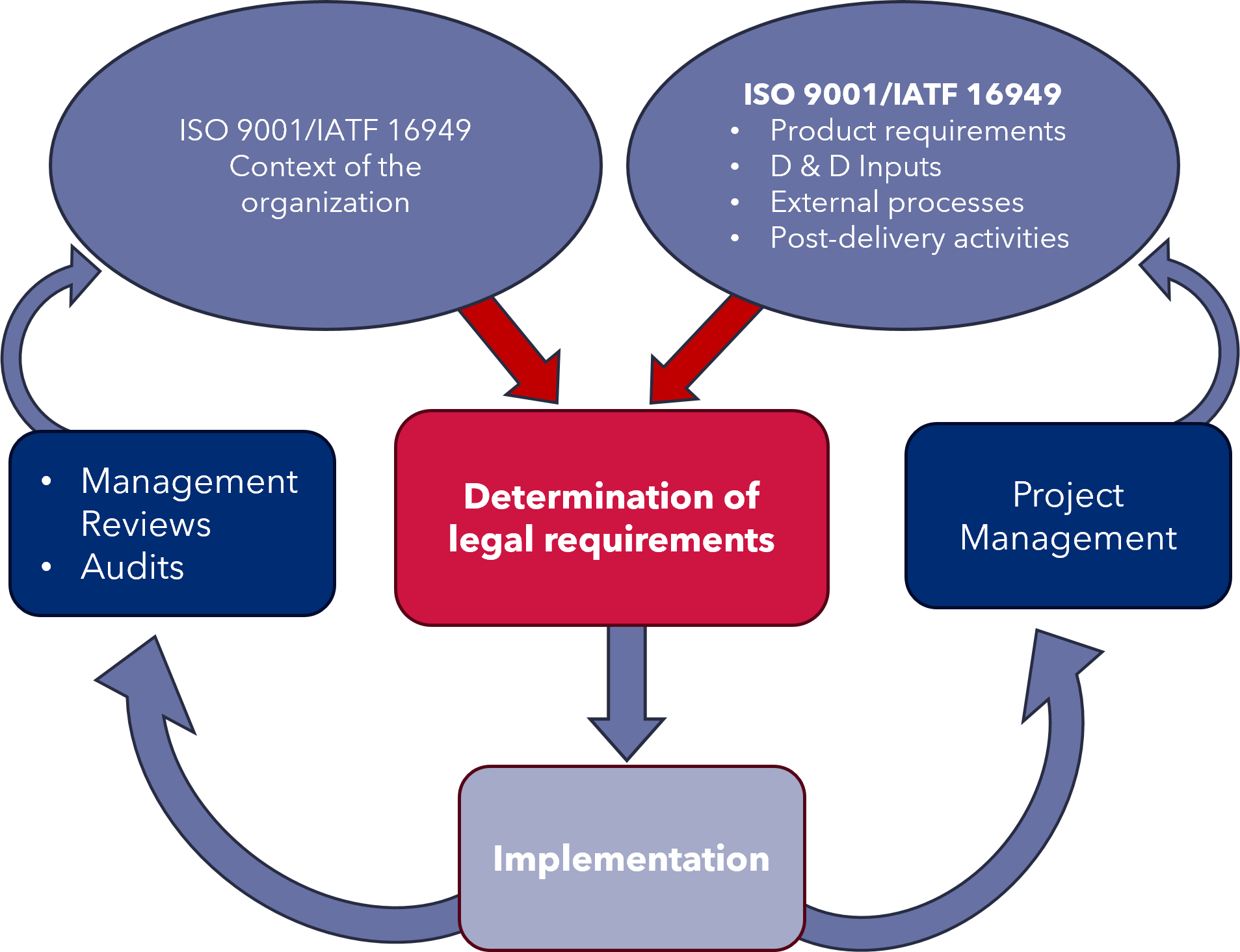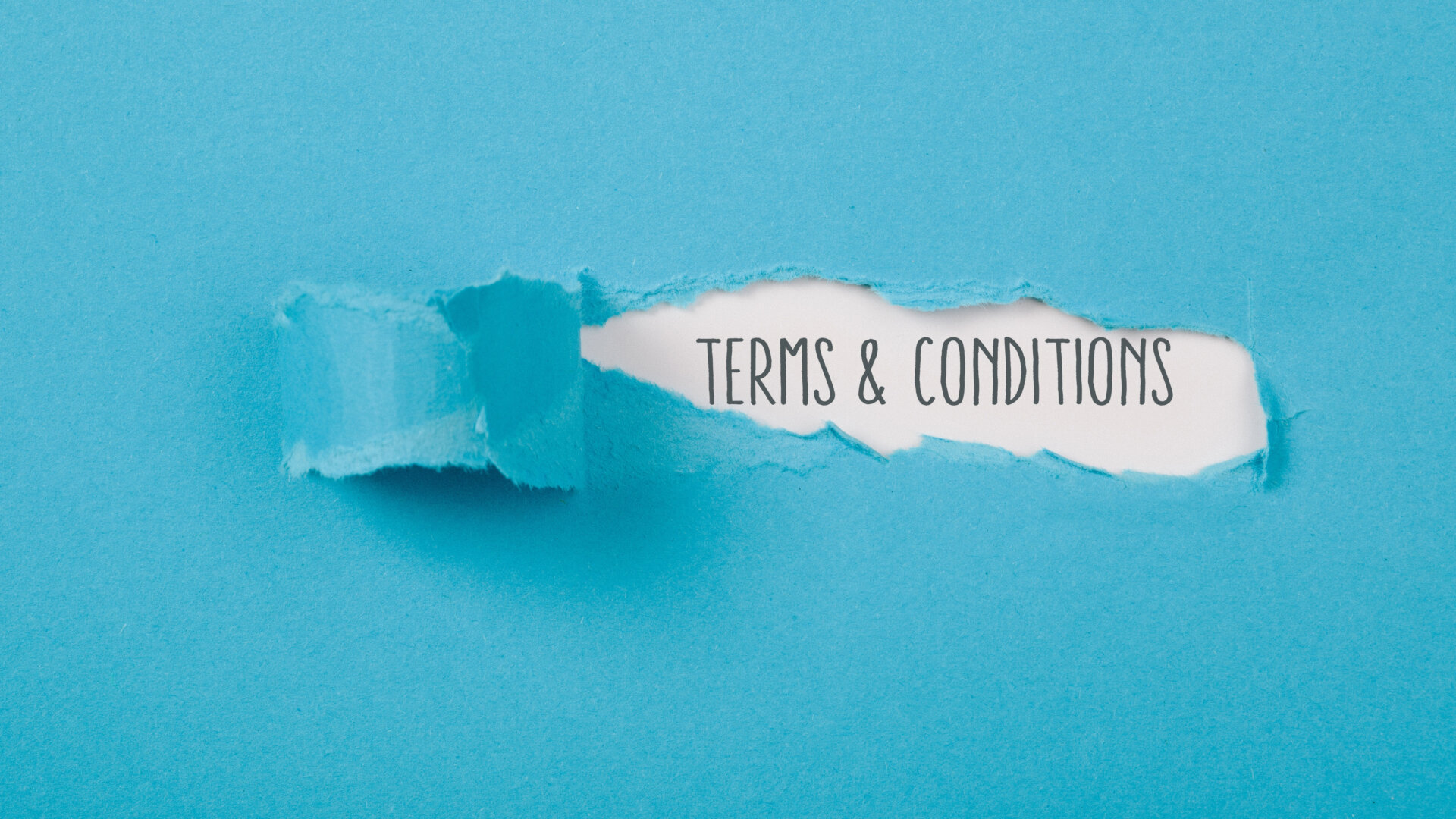IATF 16949: Understanding legal implications for the automotive industry

In today’s blog, I would like to discuss the IATF 16949:2016 standard and its legal implications. This text aims to provide clarity so that a user or aspirant to IATF 16949 knows when to strictly adhere to certain requirements and understands their obligations.
Standards are prevalent in technical fields such as construction, mechanical engineering, and electrical engineering, as well as in nearly all areas of daily life, including workplaces, management processes, healthcare, environmental protection, and the service sector. A common debate revolves around whether standards are mandatory.
What about IATF 16949? To clarify upfront, compliance with IATF 16949 is not legally mandated; it is voluntary. There is no regulation directly requiring the implementation of this international standard, which specifies quality management system requirements for the automotive industry. However, as is often the case with regulatory discussions, there are some aspects to consider
What are harmonized standards? Harmonized standards are technical specifications developed or revised by European standardization organizations such as CEN (European Committee for Standardization). During the development of these standards, standardization organizations collaborate with various stakeholders, including industry, consumers, and authorities. Once the standards are finalized and adopted by the standardization organizations, they are published in the Official Journal of the European Union and are considered harmonized standards from that point onwards.
What is the point of the harmonization? Legal Certainty: The use of harmonized standards provides manufacturers and other economic operators with legal certainty regarding the fulfilment of legal requirements.
Harmonized standards play a central role in the European Single Market by facilitating compliance with EU directives, thereby promoting trade and competitiveness. They are an integral part of European law and are therefore also significant for all national legal systems within the European Union.

Dijaz Maric, Quality Management & Reliability Engineering Consultant
Do you want to learn more about the implementation of IATF 16949, or other standard in the Automotive sector? We provide remote support and training to enhance your functional safety related projects. Please contact us at info@lorit-consultancy.com for bespoke consultancy or join one of our upcoming online courses.
Learn moreISO 9001 is harmonized in the EU (EN ISO 9001:2015) and thus sets certain legal requirements, such as compliance in production for the type approval of vehicles or vehicle parts. This is mandated in the “REGULATION (EU) 2018/858 on the approval and market surveillance of motor vehicles and their trailers, and of systems, components and separate technical units intended for such vehicles” in Annex IV. Here, as one of the possible procedures for controlling the conformity of production (ensuring that manufactured products conform to the approved type), is to prove proofthe manufacturer’s certification according to EN ISO 9001:2015. This means that it can be demonstrated that production conformity is indeed covered by the QMS. This is one of the advantages of a harmonized standard. Another example is the Low Voltage Directive (2014/35/EU), which concerns electrical equipment operating within certain voltage limits.

According to the COMMISSION IMPLEMENTING DECISION (EU) 2023/2723, harmonized standards such as EN 60664-1 “Insulation coordination for equipment within low-voltage supply systems – Part 1” support the above-mentioned Low Voltage Directive in its implementation. This applies, among other things, to the impact of the insulation coordination and the insulation influence factors such as creepage and clearance distances on PCBs. To navigate through the latter topic, check our blog posts ‘Does size really matter?`and ‘IEC 60664 The Fountain of Knowledge‘.
IATF 16949:2016 is not harmonized and therefore not legally binding, but, again, there is always but; it is based on ISO 9001:2015 and contains specific requirements for the automotive industry.
Companies that are certified to IATF 16949 (and therefore also to ISO 9001) must ensure that they comply with all relevant legal and regulatory requirements. These include, for example, product liability laws, environmental regulations and occupational health and safety laws.
The systematic collecting and evaluating of all relevant legal, regulatory and contractual requirements that affect a company is therefore a requirement of ISO 9001:2015 and IATF 16949:2016. It enables companies to minimize compliance risks and ensure that they always work in accordance with the applicable regulations. This is particularly important for IATF 16949 certified companies, as compliance with legal requirements is a basic prerequisite for certification.

Examples of relevant regulations:
Many automotive manufacturers require their suppliers to be certified to IATF 16949 as a contractual condition. This can represent a de facto obligation to comply with the standard.
The automotive supplier BMW has defined its own International Purchasing Conditions for Production Material and Automotive Parts (IPC). Chapter 9 of this document defines the quality of the supplier, which includes the following: “Seller shall be certified in and compliant with the latest edition of IATF 16949; the certification has to be evidenced to Buyer through submission of a respective certificate. Buyer and Seller may agree in writing on variations of the requirements.’
Legally, therefore, what you have signed up to in the contract applies, and in this case that would be the obligation to comply and certify your company according to the current version of IATF 16949.

IATF 16949 is an important standard for the automotive industry that goes beyond the requirements of ISO 9001 and contains specific requirements for the automotive industry. Although compliance with the standard is not required by law, it can become de facto mandatory through contractual requirements from OEMs or Tier 1-s. In addition, companies certified to IATF 16949 must ensure that they comply with all relevant legal and regulatory requirements. If these obligations are not complied with accordingly, the certificate obtained can be lost.
By Dijaz Maric, Quality Management & Reliability Engineering Consultant
If you would like to join one of our training courses or are looking for consultancy or support in your quality management -related projects, please do not hesitate to contact us at info@lorit-consultancy.com.